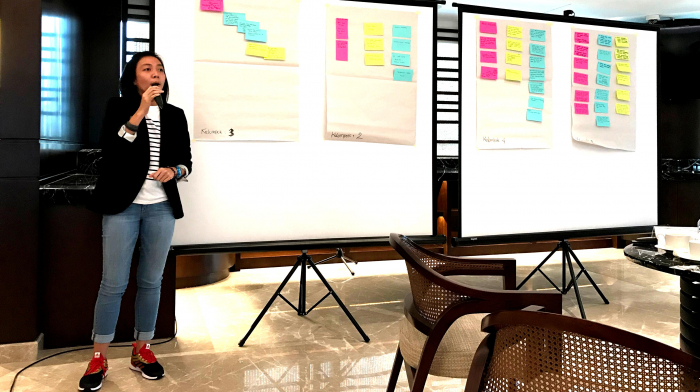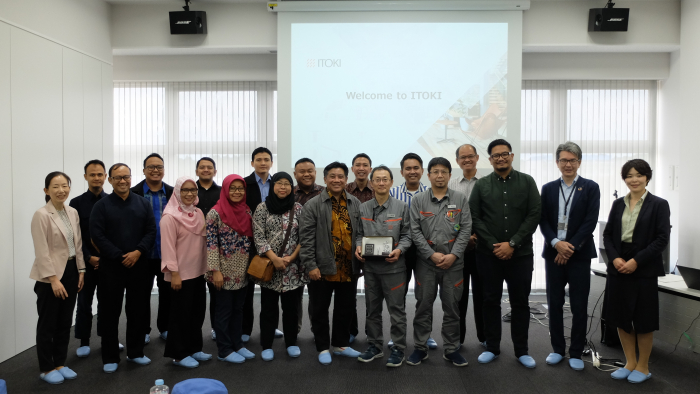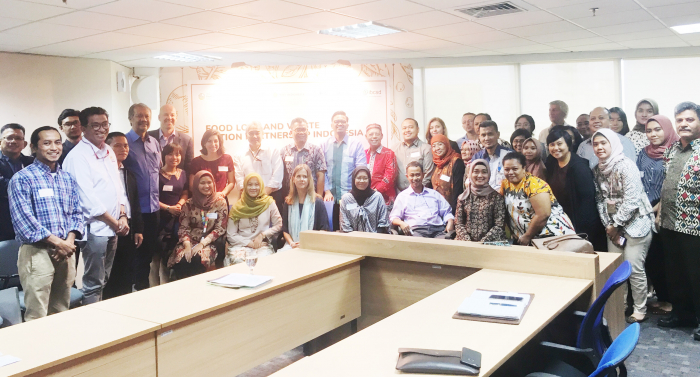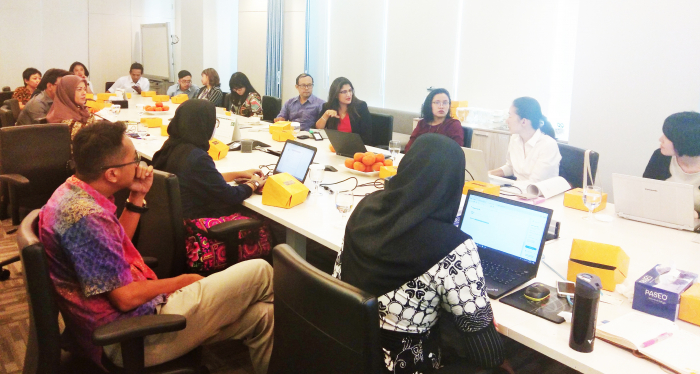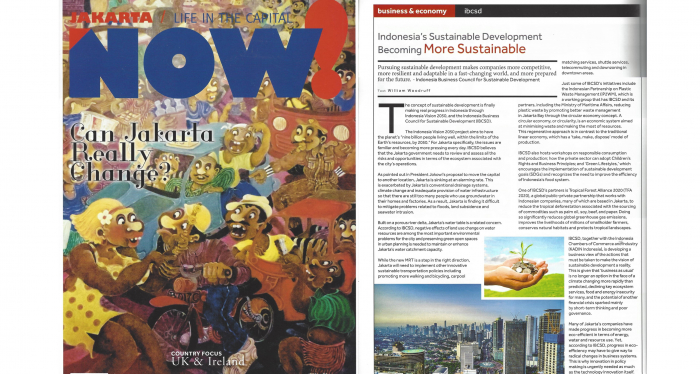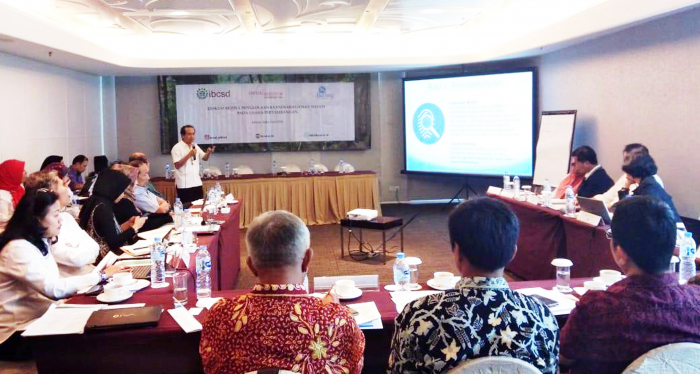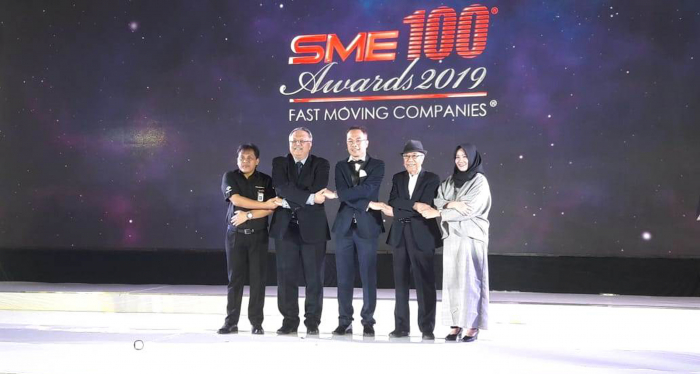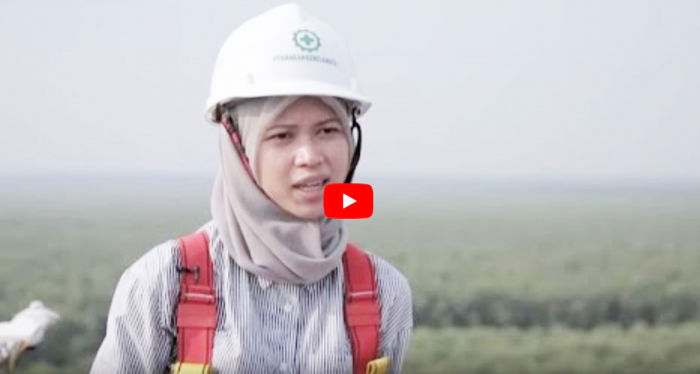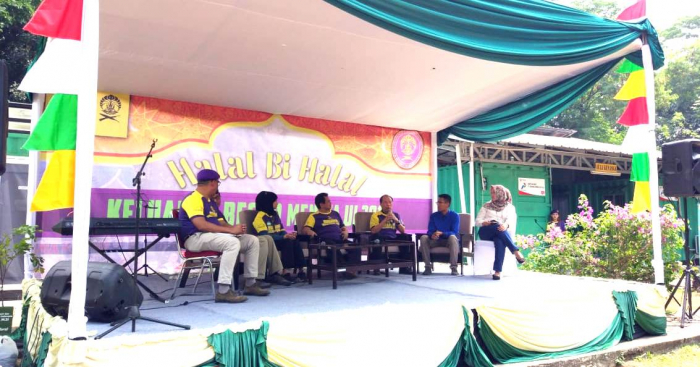
Plastic and Circular Economy
On the panel discussion with the topic of “Role of Technology and Science in Plastic Waste Reduction Program”, the Executive Director of IBCSD, Indah Budiani, gave a talk on Sustainable Consumption and Production (SCP) and Circular Economy. She explained that some industry use plastic waste as a material to run their business or to produce new products. Plastic shouldn’t be blamed, but behavior should. Right behavior and education will prevent plastic in polluting the environment nor as marine debris. This is the role of IBCSD in building partnerships with the government and also members to promote SCP and Circular Economy. IBCSD also encourages members to be responsible for any waste produced from business activities including plastic waste.
Also present on the event was Mr. Agus H. Reksoprodjo who served as Treasurer of the IBCSD and also as the Chair of the Menwa UI’s Alumni Association. Some visitors also enlivened the IBCSD booth.
